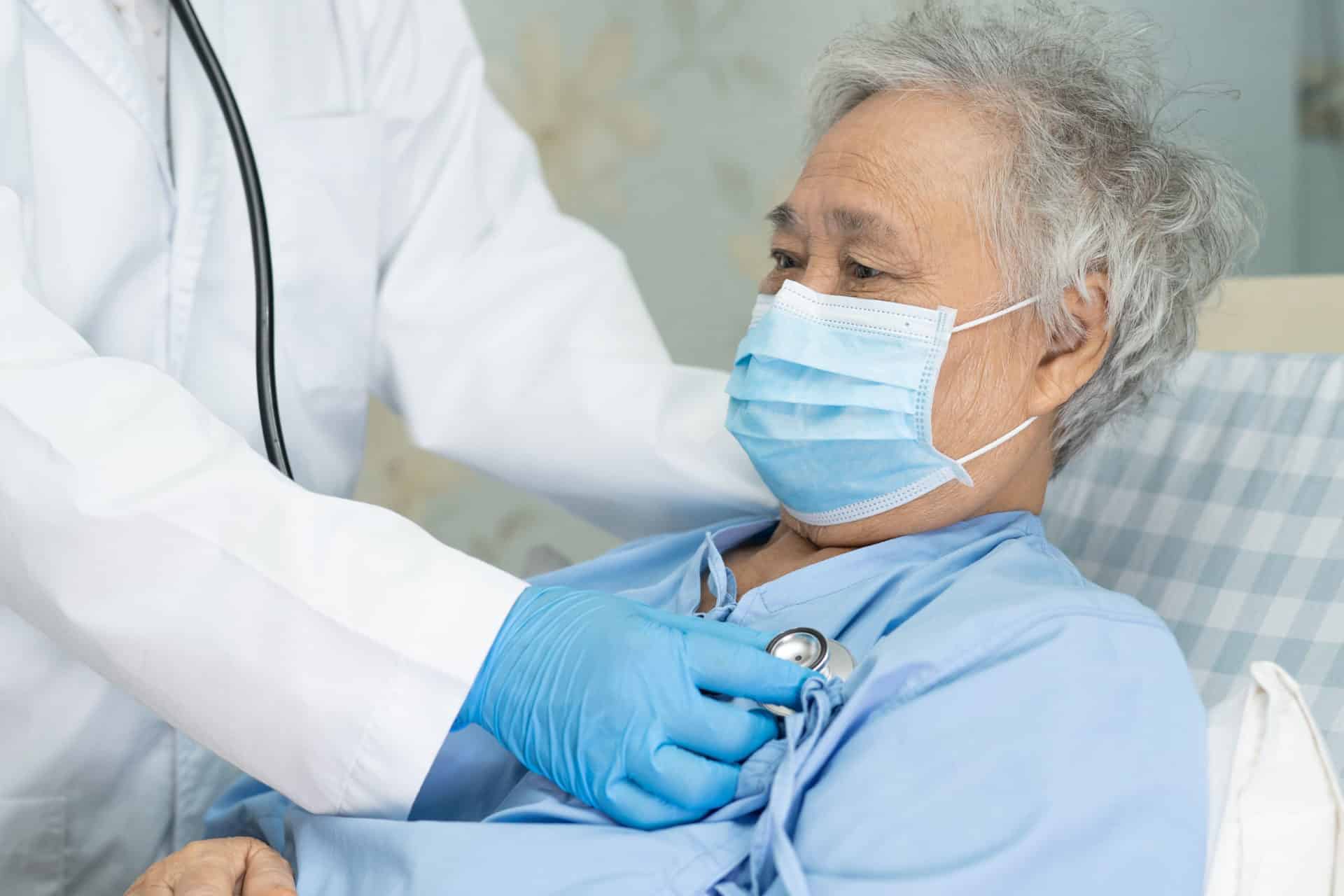Free Consultation
Free Consultation

COVID-19 has been spreading rapidly across the country. It has placed a huge demand on healthcare resources. In this environment, one might expect medical malpractice claims to skyrocket, but the truth is that many protections have been introduced that may make liability claims much more difficult to prove.
Here’s what you need to know about possible medical malpractice claims during and after this pandemic and how they may especially impact any New York liability cases you may want to pursue.
In March of 2020, the Department of Health and Human Services issued a declaration under the PREP Act called the Declaration for Medical Countermeasures Against COVID-19.
This declaration provides immunity from suits to some entities and individuals from claims of harm or loss that arises from, relates to, is caused by, or results from the production, administration, distribution, or usage of covered countermeasures.
Essentially, this provides a greater measure of immunity for claims including:
The countermeasures cover things such as:
The only exception of this immunity is for claims of willful misconduct, which are defined in the act as something done to intentionally, without factual or legal justification, and in disregard of obvious or known risk cause harm.
This emergency protective immunity doesn’t cover everyone. In order for a medical provider to qualify, they have to be considered a “covered person” under the act.
A covered person under the act is quite an expansive list and covers many individuals and entities within them, such as distributors, manufacturers, program planners, and other qualified persons.
The declaration in the PREP Act is meant to help cover the healthcare workers on the front lines who are helping everyone to battle COVID-19. Its purpose is to help remove the burden of exposure to legal malpractice suits as they navigate unchartered pandemic waters.
That doesn’t mean, however, that medical mistakes and errors that are causing deaths or harming innocent people won’t still occur. If you have a liability claim that isn’t related to this new immunity legislation, then you may still have a case.
In general, to prove a liability claim in New York, you must prove the elements of duty, breach of that duty, causation, and damage suffered. What does each of those elements mean? Let’s take a deeper dive…
This is the central element of a medical malpractice claim. It must be established that a healthcare professional owed a duty to act appropriately and responsibly with the patient, exercising care that follows the duty of care of a reasonably competent healthcare professional.
Once a duty has been established, then you must show there was a breach of that duty. In other words, their conduct was below the standard of a reasonably competent healthcare professional. Common breaches of duty include things such as surgical errors, reactions to medications, and misdiagnosis.
Now it must be proven that the breach of duty caused harm to the patient and that the harm would not have occurred if not for the breach of duty.
This element refers to the extent of the harm experienced by the patient. Damages can be either physical or financial.
Being a victim of medical malpractice still entitles you to file a suit, but be aware that it can be a lot more difficult with the PREP Act provisions now in place.